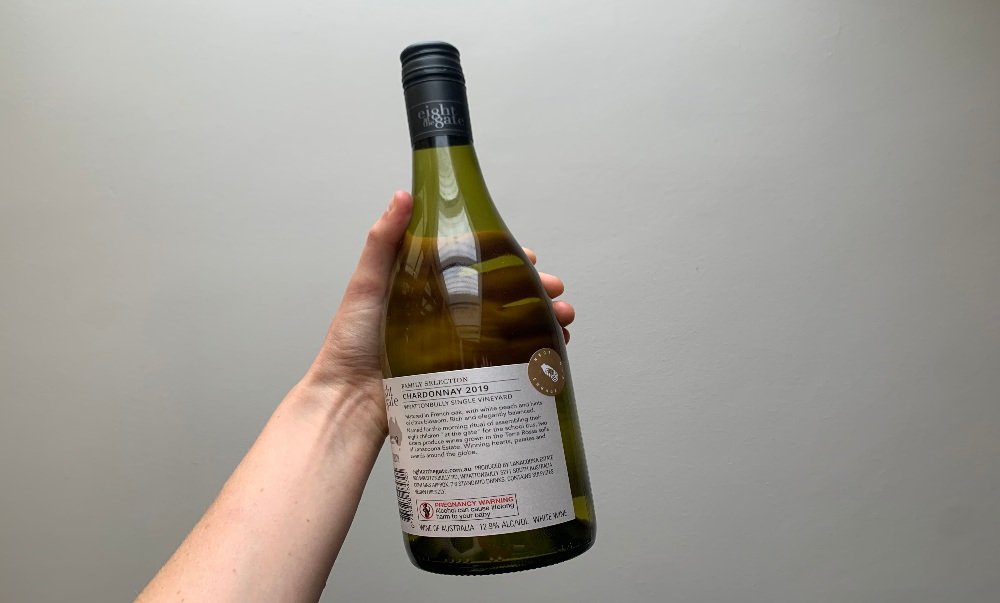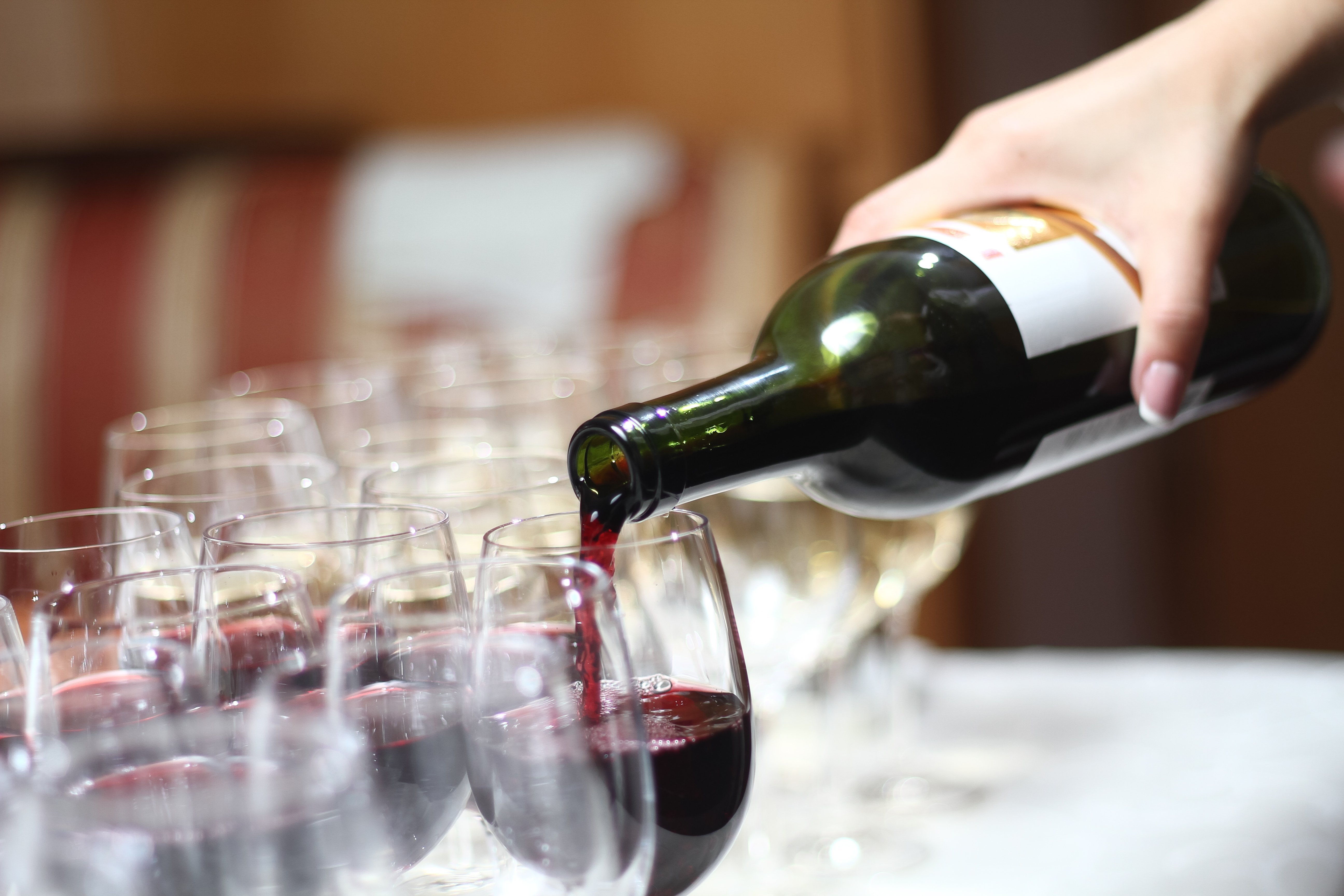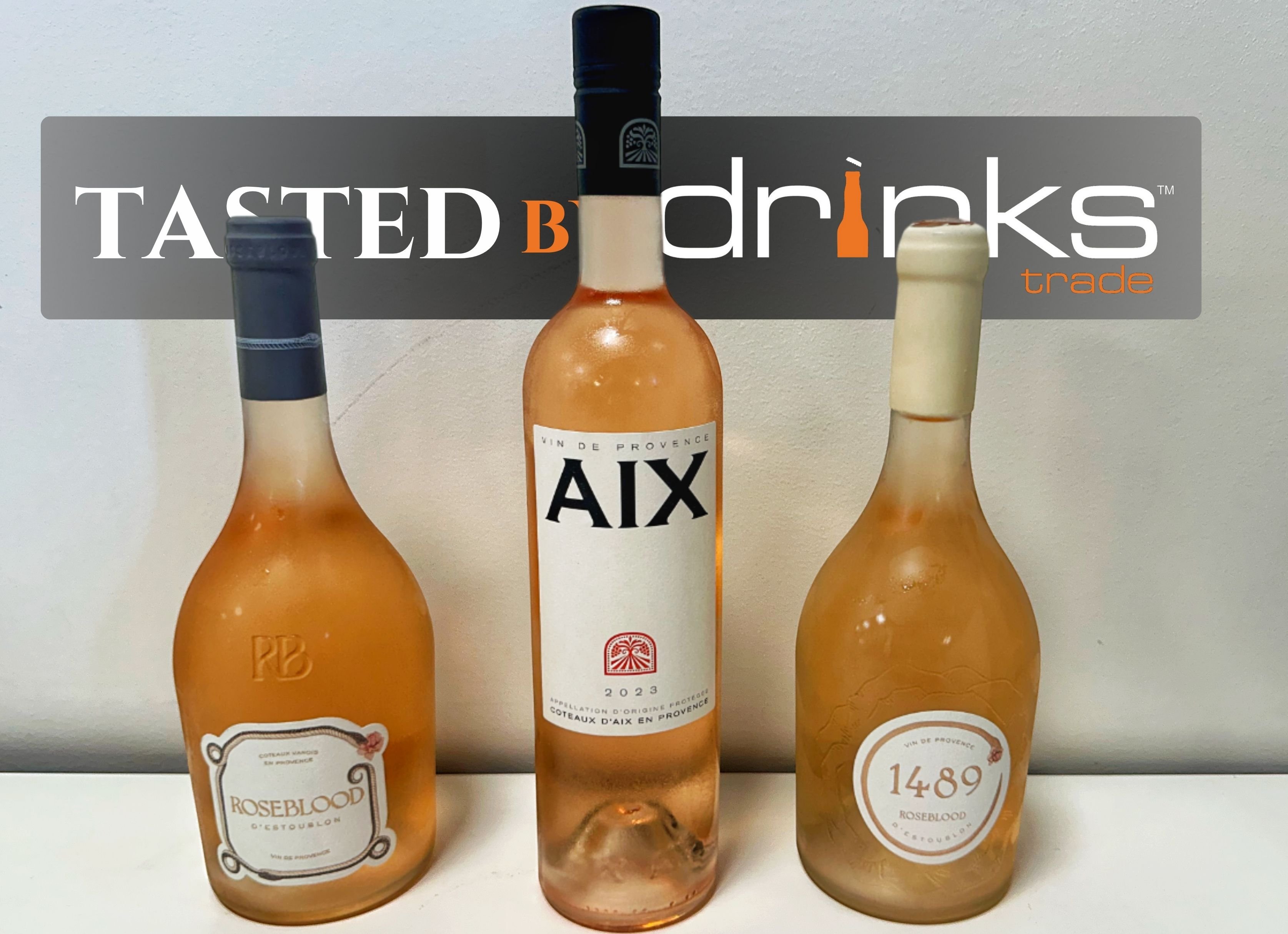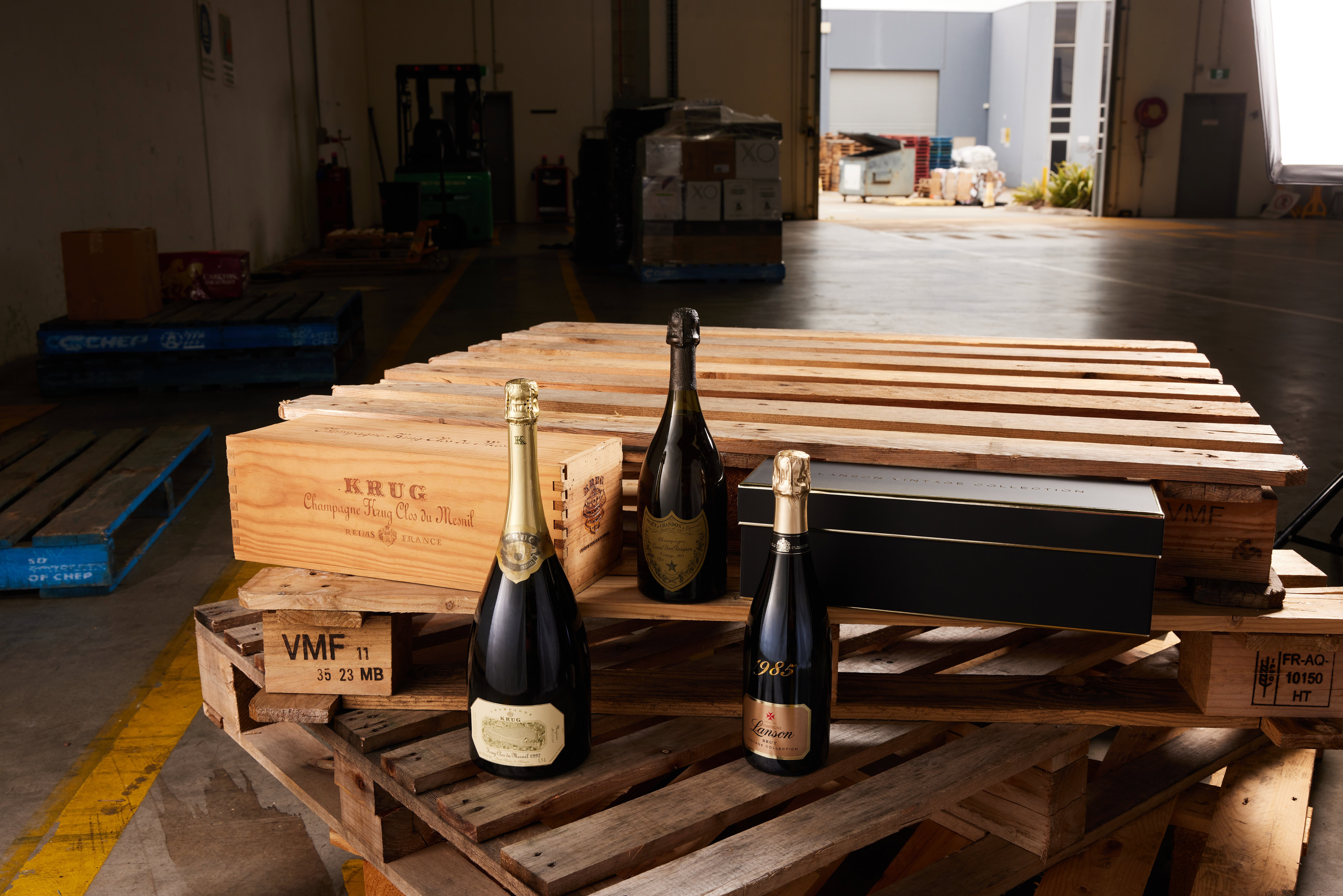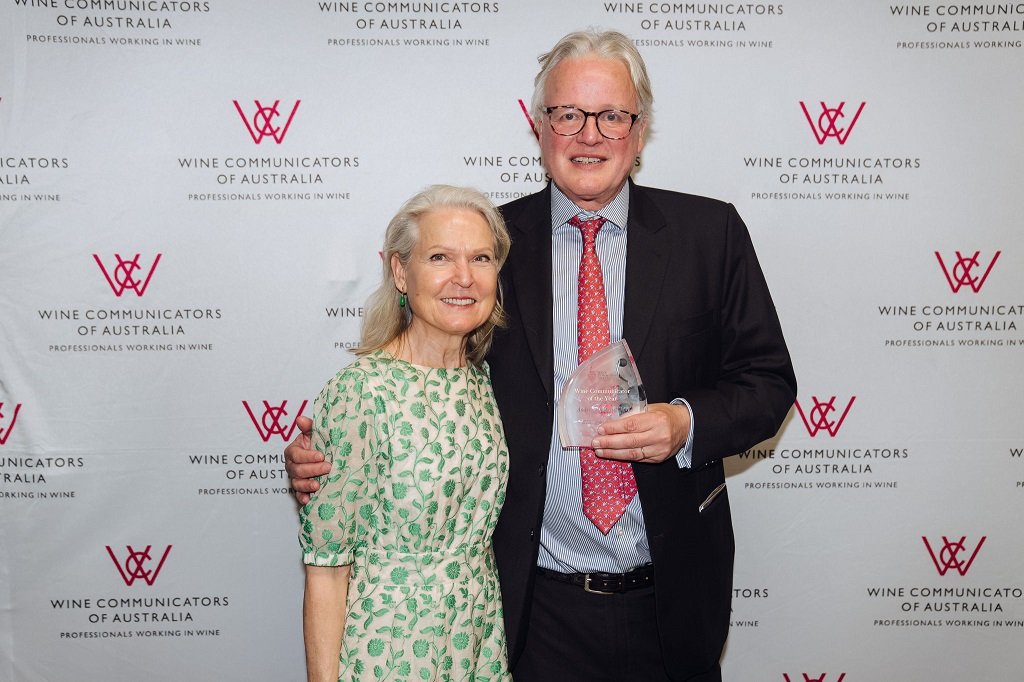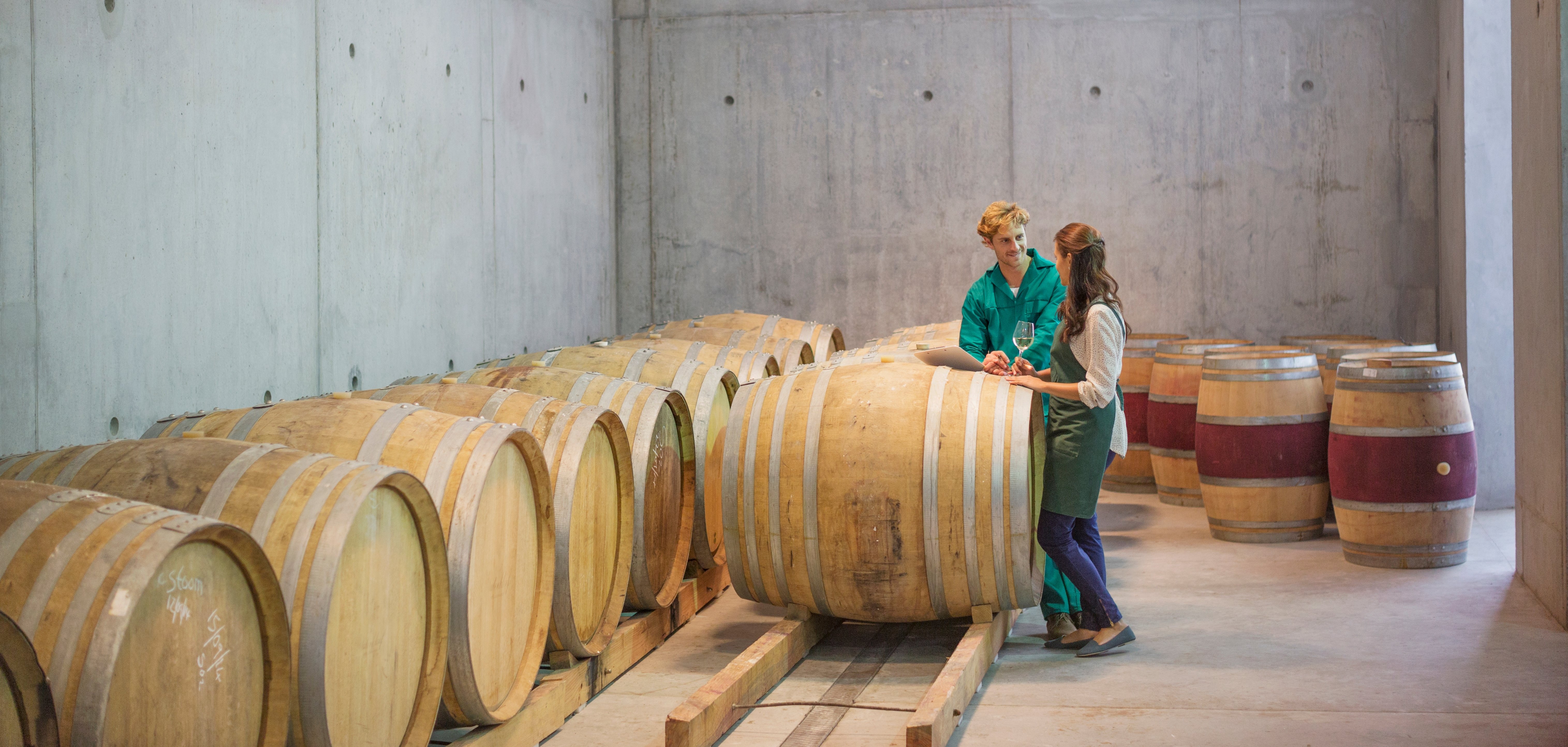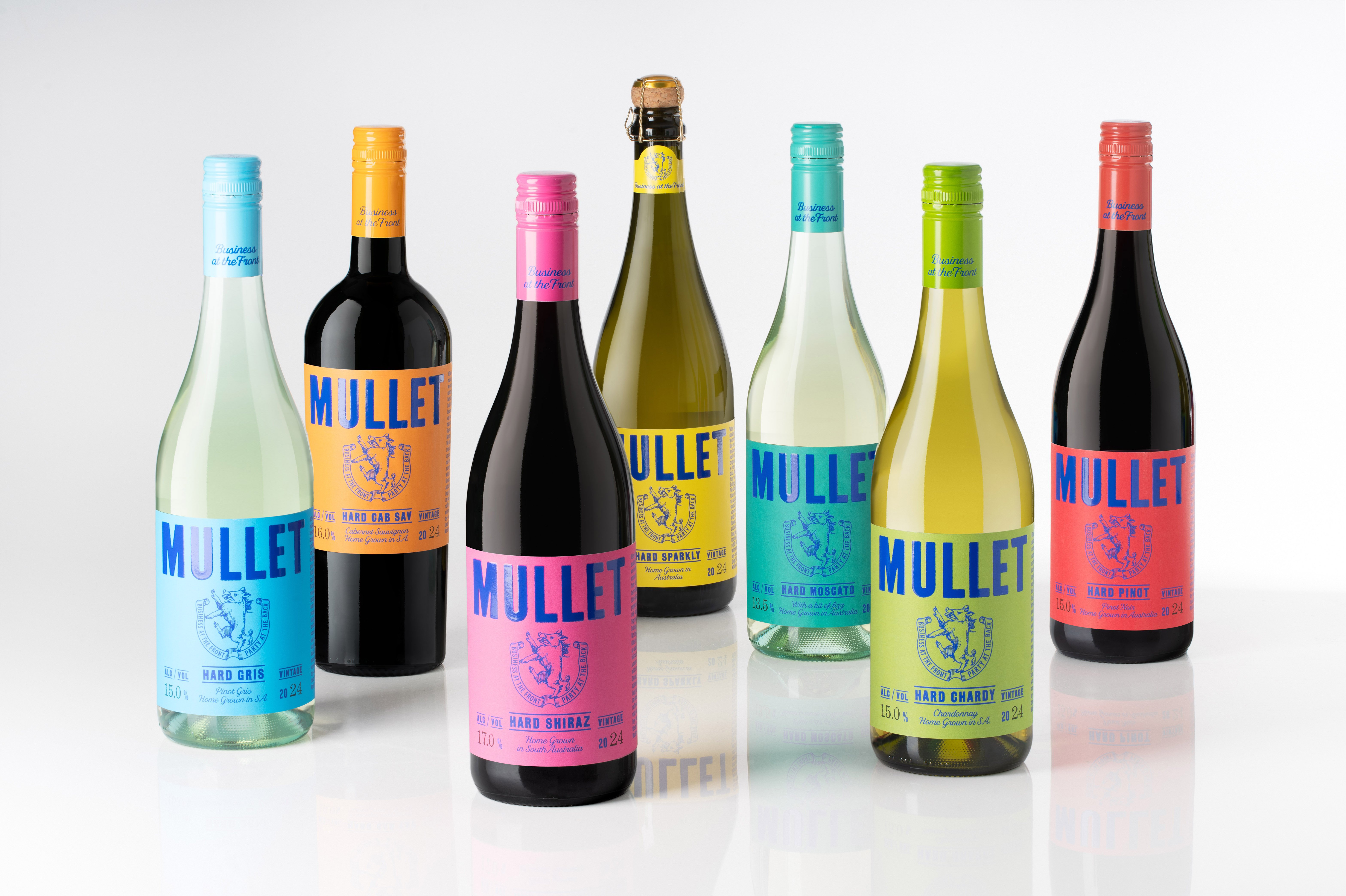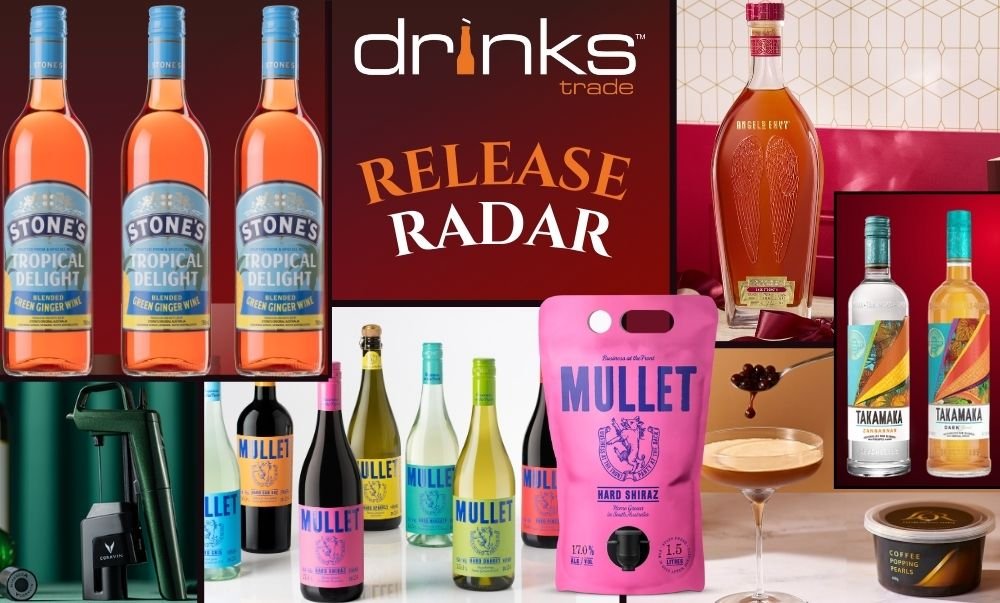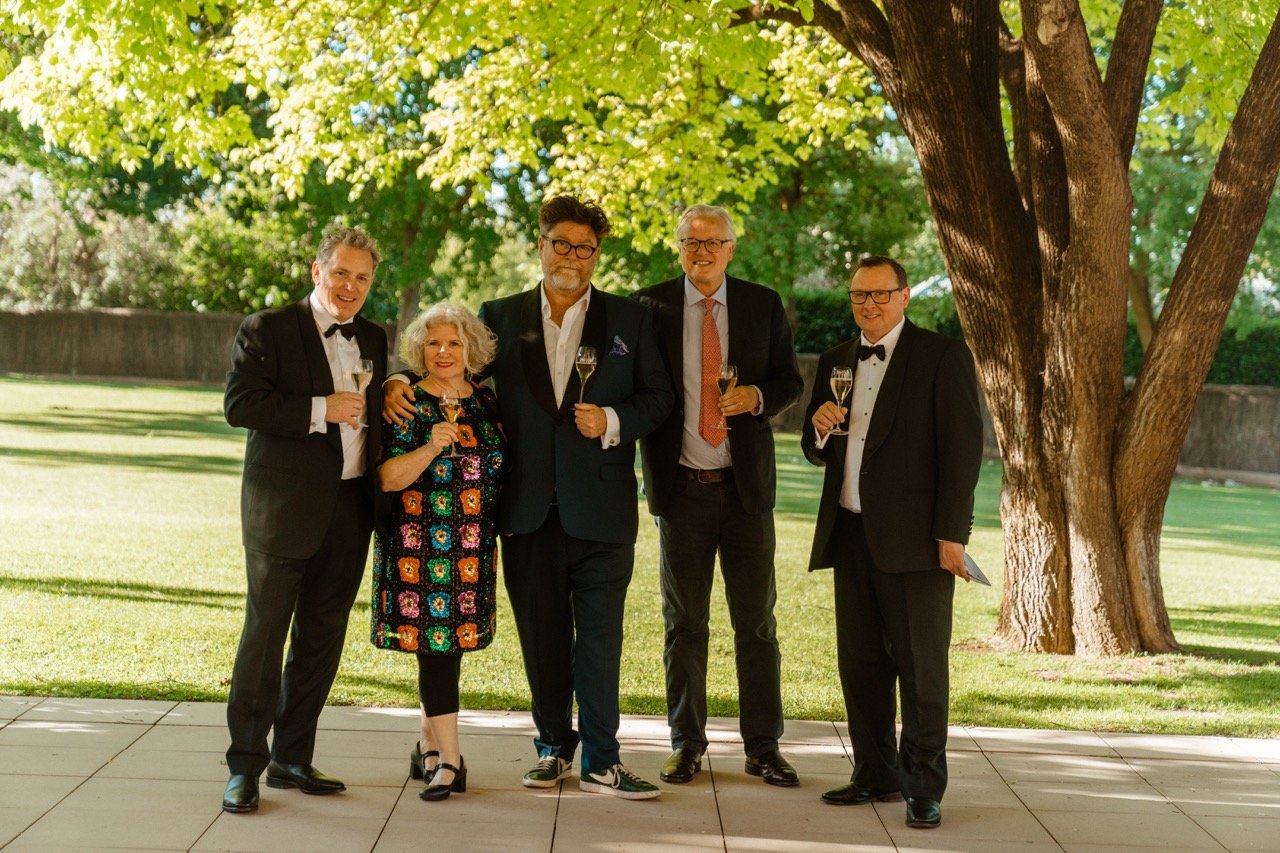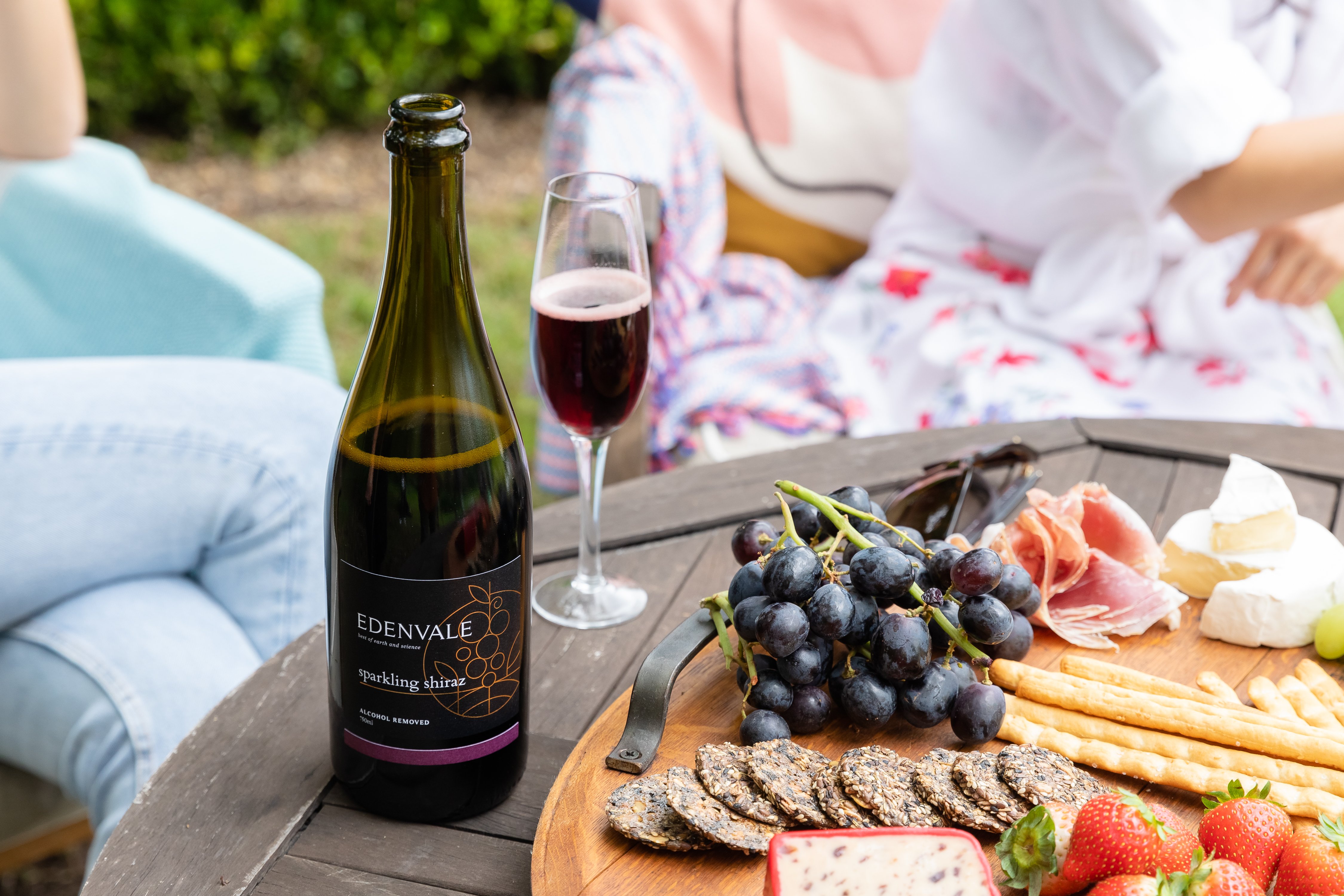Chris Braine, CEO and Founder of Cellr, started out creating his scannable tags to block the counterfeit of Australian wine. Cellr’s digital labels use Near Field Communication (NFC) and are designed to be a bottle of wine’s “digital birth certificate”; a way to track the movements of Australian wine and to verify its authenticity.
“The stop and track tags means that brands can identify their produce when they are out in the wild. Each individual bottle can be tracked and traced,” Braine told Drinks Trade earlier this year.
The Perth based digital producer raised the capital for the digital technology and has since gone on to secure federal funding for the technology, formed partnerships with the Adelaide Business School at the University of Adelaide as well as the Grape and Wine Association in the Barossa Valley. Cellr employs five contractors in South Australia.
Now, Braine is exploring the direct to consumer possibilities that his technology allows. Braine describes it as “frictionless connectivity”. When the label is tapped with a phone, the consumer can access a world of content, participate in promotions, learn about the wine, the winery and the region in which it is made, all from the shopping aisle or the kitchen bench.
This year, Cellr partnered with the James Halliday Top 100, offering six wineries the opportunity to participate in the pilot competition which will finish in July. Handorff Hill (SA), Sidewood Estate (SA), Thomas Wines (NSW), Juniper Estates (WA), Shingleback (SA) and Shadowfax (Vic) are all participating in the pilot program. One thousand bottles from each winery have been labelled with Cellr’s digital wine labels meaning these top wineries can connect directly with their consumers and gather consumer and location data.
South Australian wine producer, Eight at the Gate, is also using Cellr’s digital wine labels to connect directly with the US market. Enabled by Cellr’s customer engagement platform using NFC, it will be able to communicate directly with its US consumers' smartphones.
The South Australian wine producer located in Wrattonbully is co-owned by sisters Claire Davies and Jane Richards. Prior to the COVID-19 pandemic, Eight at the Gate were set to export their wines to the US, but once international borders closed they had to radically shift their approach.
Eight at the Gate plans to leverage this technology to create a human connection and leave the customer feeling as though they have just shared a glass with them in their vineyard.
“We make great wine but so do plenty of other producers. It is the stories behind the wines that leaves the consumer remembering who made that great wine. The ability to communicate our stories, as well as information about the wine, without the dilution that happens when the message is passed through many hands, will help us to create that memorable consumer experience,” said Jane Richards, co-owner of Eight at the Gate Co-Owner
Braine said: “We are always looking for opportunities that help our customers sell the second and third bottles beyond the initial transaction. With DtC and online sales leading the way globally, we believe our solution gives brands unprecedented ways to engage with consumers all around the world as new pathways to eCommerce are created.”
Share the content
